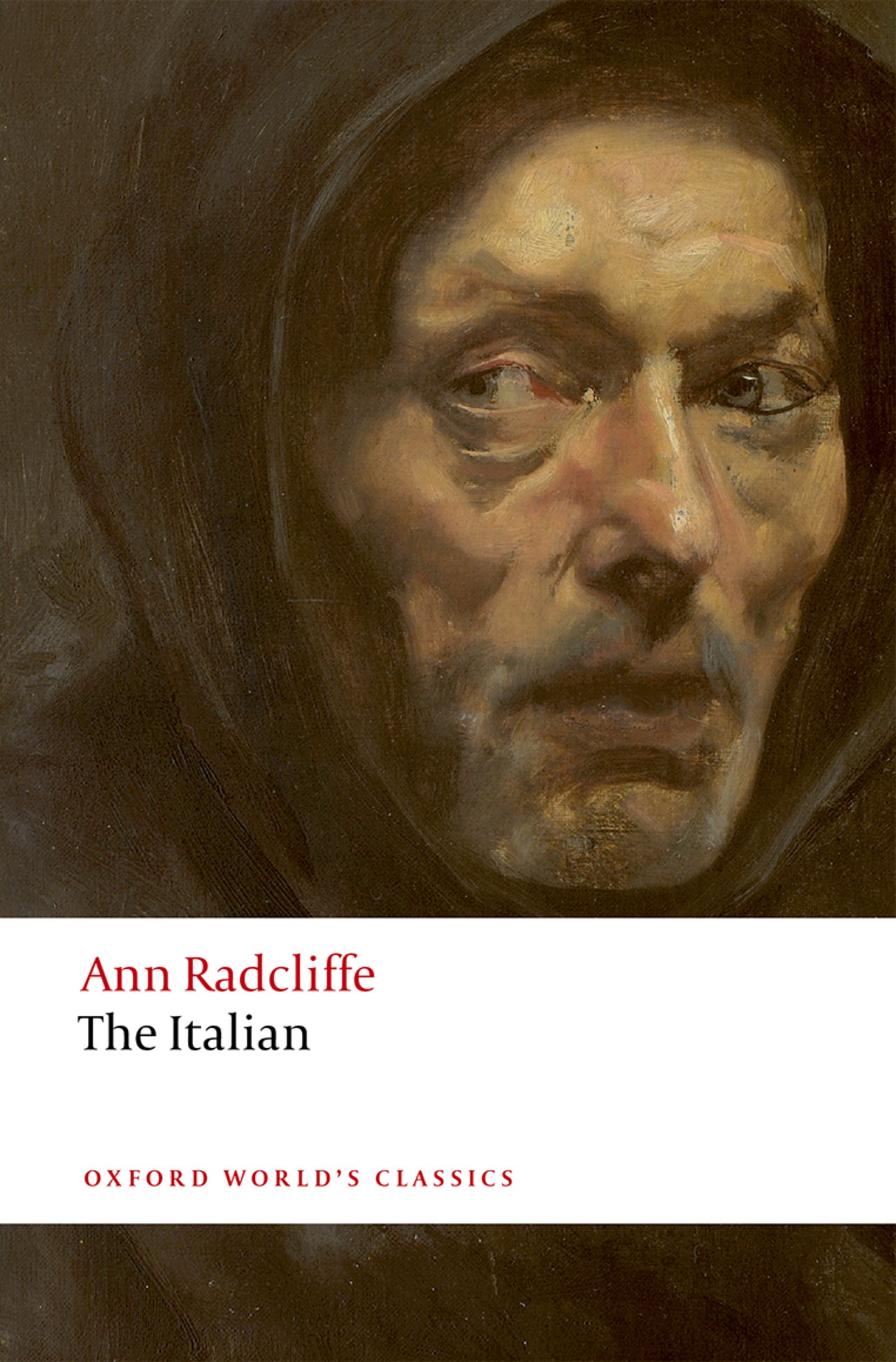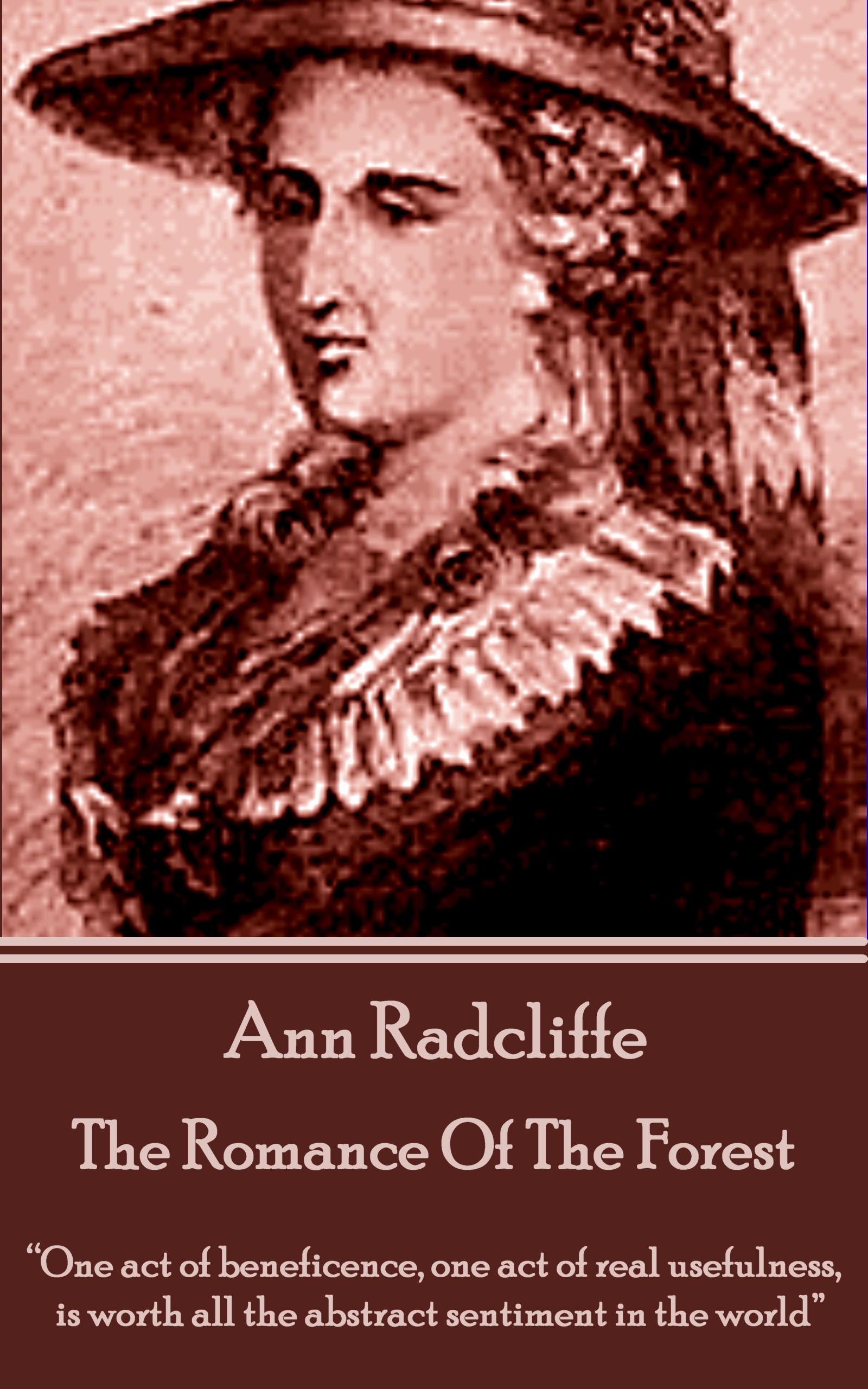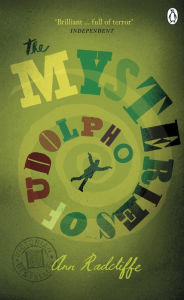Ann Radcliffe
Ann Radcliffe (born Ann Ward, 9 July 1764 – 7 February 1823) was an English author and pioneer of Gothic fiction. Her technique of explaining apparently supernatural elements in her novels has been credited with gaining Gothic fiction respectabilit
... Read more
Ann Radcliffe (born Ann Ward, 9 July 1764 – 7 February 1823) was an English author and pioneer of Gothic fiction. Her technique of explaining apparently supernatural elements in her novels has been credited with gaining Gothic fiction respectability in the 1790s. Radcliffe was the most popular writer of her day and almost universally admired; contemporary critics called her the mighty enchantress and the Shakespeare of romance-writers, and her popularity continued through the 19th century. Radcliffe published five novels during her lifetime, which she always referred to as "romances"; a final novel, Gaston de Blondeville was published posthumously in 1826. At a time when the average amount earned by an author for a manuscript was £10, her publishers, G. G. and J. Robinson bought the copyright for The Mysteries of Udolpho (1794) for £500, while Cadell and Davies paid £800 for The Italian (1797), making Radcliffe the highest-paid professional writer of the 1790s. Her first successful novel was Romance of the Forest (1791).
Ann Radcliffe led a retired life and never visited the countries where the fearful happenings in her novels took place. Her only journey abroad, to Holland and Germany, was made in 1794 after most of her books were written. The journey was described in her A Journey Made in the Summer of 1794 (1795).
Jane Austen parodied The Mysteries of Udolpho in Northanger Abbey. Radcliffe did not like the direction in which Gothic literature was heading – one of her later novels, The Italian, was written in response to Matthew Gregory Lewis's The Monk. Radcliffe portrayed her female characters as equal to male characters, allowing them to dominate and overtake the typically powerful male villains and heroes, creating new roles for women in literature previously not available.
Less





![Julia, Ou Les Souterrains De Mazzini Par Anne Radcliffe, Traduit De L'anglais [par Moylin] Sur La Seconde Édition, Avec Figures [p](https://dynamic.indigoimages.ca//books/9780341226147.jpg?width=200&maxheight=200)













